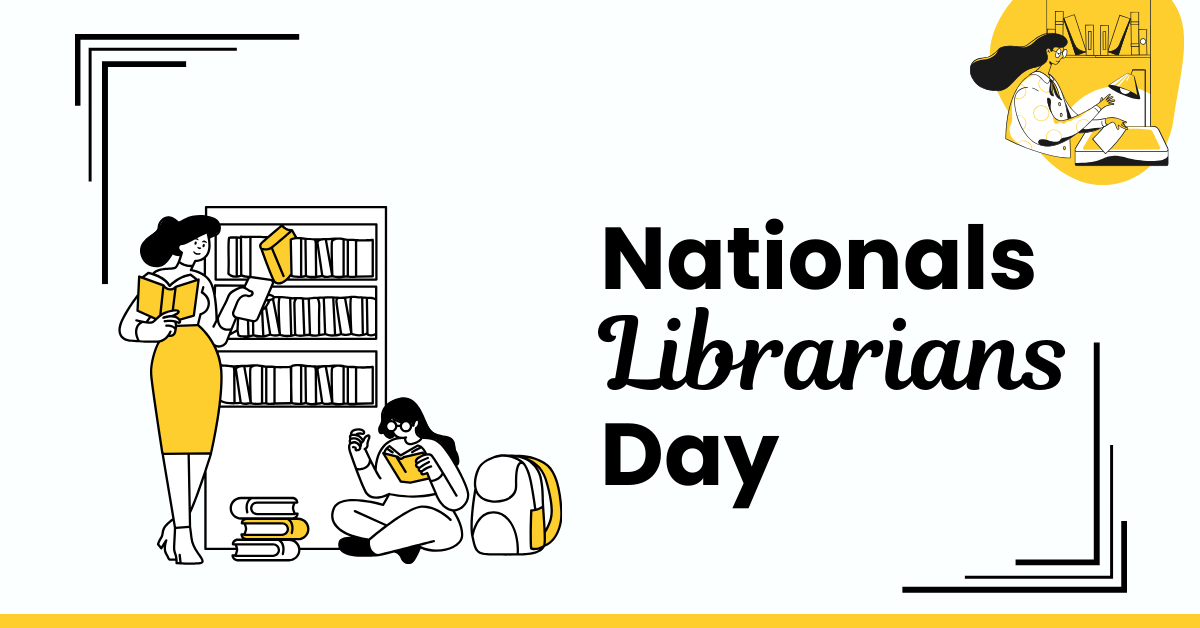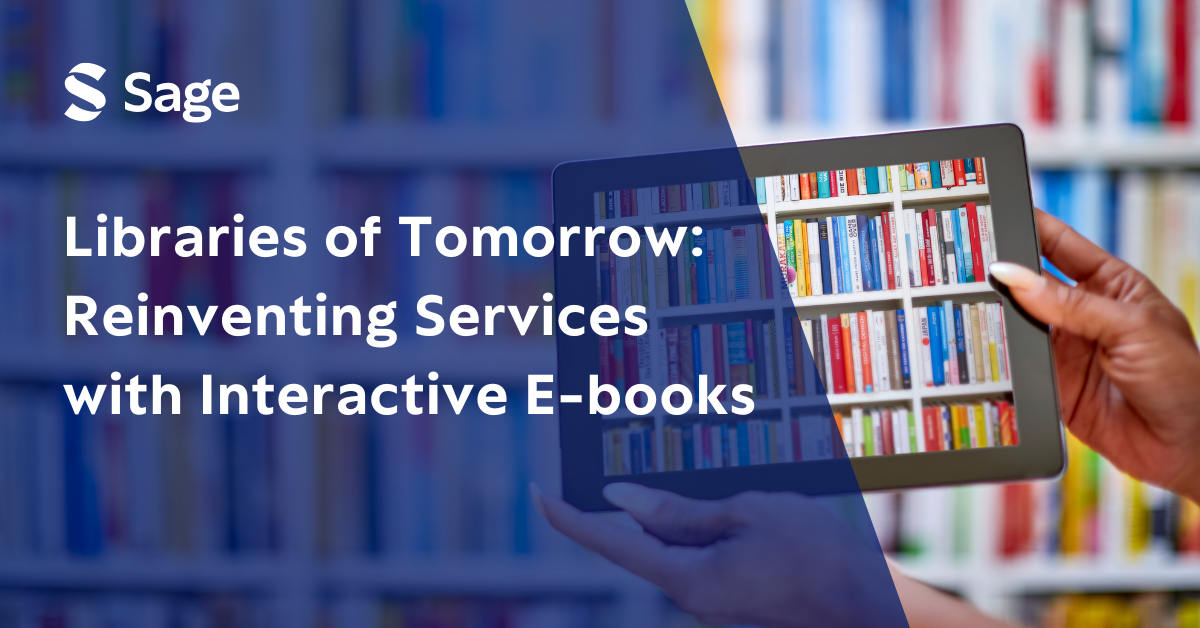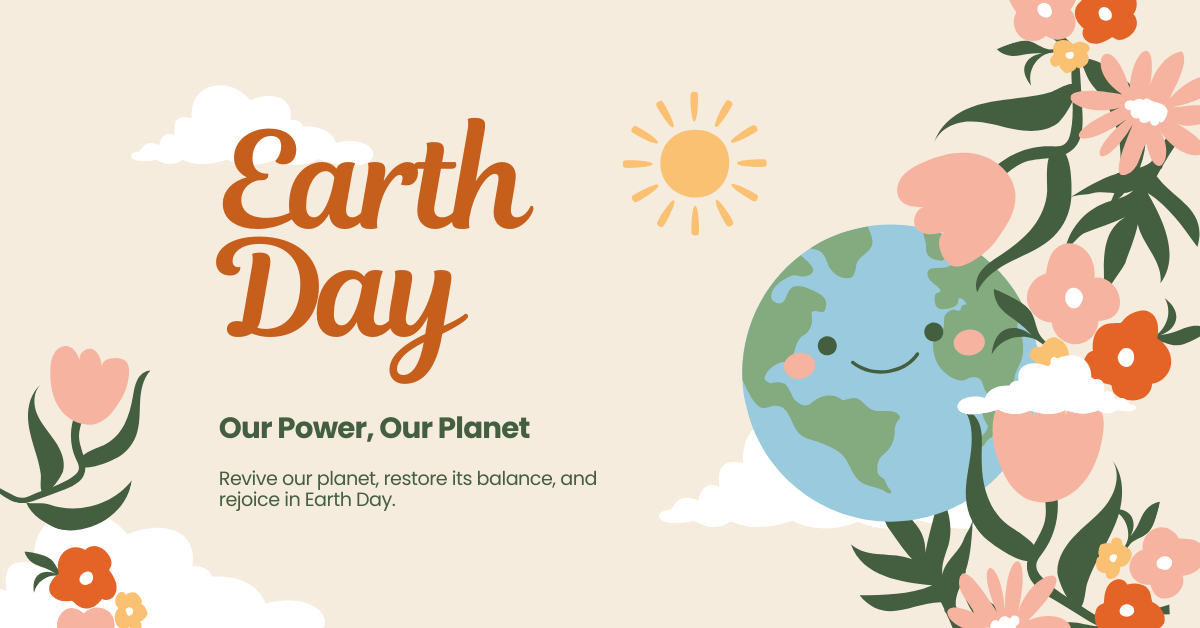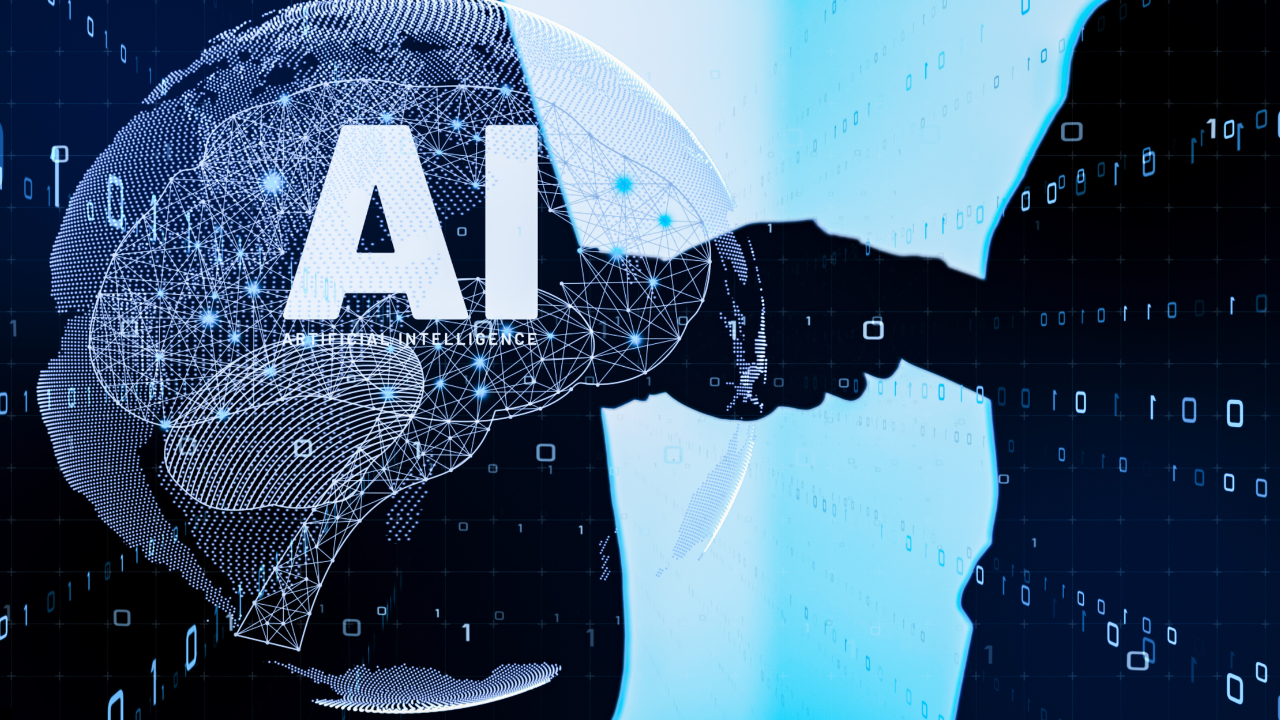
Librarians have always had a bit of a mysterious air about them. Maybe it’s the quiet authority or the way they seem to know exactly where to find that one obscure book buried deep in the shelves. But ask anyone what librarians actually do these days, and chances are, you’ll get a vague answer – maybe something about cataloguing, or telling people to keep their voices down.
This National Librarian’s Day, we wanted to go straight to the source. What does it really mean to be a librarian in 2025? What challenges are they navigating? Are they still shushing noisy students – or are they now decoding AI algorithms, safeguarding user privacy, and preserving centuries-old medical texts? To find out, we spoke to a group of librarians from across Asia-Pacific – all partners of Sage – who generously shared what their roles look like today.
There’s Peangkobfah Punyaphet, a medical librarian in Thailand who protects sensitive research data while bridging ancient health wisdom and modern innovation. Shameem Nilofar Maideen from Singapore approaches librarianship like a strategist – tackling ethical questions around AI, fighting misinformation, and championing media literacy. Dk Noraini binti Pg Haji Idris from Brunei juggles digital curation, accessibility, and community-building with grace, while Arinawati Ayob in Malaysia sees librarians as essential to the success of teaching and research – not background players, but vital members of the institutional team.
Their stories show just how far the profession has come, and why the librarian's role has never been more relevant in a fast-changing world.
From Card to Cloud
When you think of a librarian, you might imagine someone thumbing through a card catalog or shelving books in a quiet corner. But those days are long gone.
“As librarians, we now manage both physical and digital resources,” said Dk. Noraini binti Pg Haji Idris from Universiti Brunei Darussalam. “We guide users through vast amounts of information, preserve digital content, and even explore AI tools to make our services better.”
The shift to digital hasn’t just changed their tools; it’s transformed how they protect users, too. Peangkobfah Punyaphet, a medical librarian from Chiang Mai University, shared how crucial data protection has become.
“In a medical school library, we deal with sensitive information. Research topics, patient cases, data – it all needs to be kept confidential,” she explained. “Protecting the privacy of our users is at the core of what we do.”
Meanwhile, librarians like Shameem Nilofar Maideen from Singapore Management University are busy helping people navigate the ethical minefields of the digital age.
“With AI and massive language models becoming mainstream, we’re facing new challenges,” she said. “It’s up to us to teach users about the risks, the biases, and the importance of informed decision-making.”
So yes, they’re still helping you find books, but they’re also wrangling ethical debates, decoding tech, and staying two steps ahead of the next digital shift.
What Tech Can’t Do
Even in an increasingly automated world, there’s something irreplaceable about a librarian’s touch: algorithms can’t listen with empathy, and apps can’t foster a sense of community.
“Librarians offer something unique,” Noraini told us. “We connect with people. We help them feel seen, heard, and supported. That’s something no machine can replicate.”
Peangkobfah sees her role as a bridge, not just between people and information, but between generations. “I work with ancient medical texts and historical health records,” she said. “At the same time, I help students and researchers find the latest resources. My job is to preserve what came before while making space for what’s next.”
And then there’s the issue of truth. In an age of misinformation, librarians are the ones quietly holding the line.
“AI is useful, but it can also produce inaccurate content, or what we call ‘hallucinations,” Shameem pointed out. “That’s where we come in. We teach users how to question what they’re reading, how to verify sources, and how to think critically. We help them find the signal in all the noise.”
If Librarians Were Superheroes
We asked our librarian panel one last question for a little fun: If they had superpowers, what would they be?
“I’d have a Reliability Shield,” chimed Peangkobfah. “It would protect user privacy and help uncover hidden knowledge, especially in medicine. And it would make the library a space people can really trust.”
Shameem couldn’t pick just one superpower. Instead, she imagined a full team of librarian superheroes working together to meet the demands of today’s information landscape.
One would have “Information Insight,” cutting through digital clutter to uncover the truth. Another would possess “Digital Dexterity,” using tech tools with precision to better serve users.
“Empathetic Guidance” would allow them to truly connect – listening, understanding, and supporting people from all walks of life. Then there’s “Curatorial Vision,” the ability to preserve culture and thoughtfully shape collections, and finally, “Critical Thinking Shields,” which would help people think for themselves and tell fact from fiction.
While Arinawati Ayob from Universiti Sains Malaysia didn’t name a power outright, she said something that stuck with us: “Good leaders don’t leave librarians in the background. We’re part of the team that keeps institutions moving forward.”
That feels like a superpower in itself.
Keeping Knowledge Alive
As we reflect on everything these librarians have shared, one thing becomes increasingly clear: their role extends far beyond the stacks. They are not only caretakers of information but also trusted guides in a world where knowledge is constantly expanding and evolving. They help us navigate complexity – whether it’s understanding how AI shapes the information we see, preserving fragile historical records, or simply pointing us toward a resource that answers a question we didn’t quite know how to ask.
Their work often happens quietly, behind the scenes, yet it underpins so much of our learning and progress. The patience they extend, the ethical standards they uphold, and the connections they build within communities all speak to a profession that is both deeply human and increasingly essential.
So on this National Librarian’s Day, we take a moment to recognize and thank the librarians who continue to do this important work. Your presence in academic halls, digital spaces, and community corners makes a difference. Your commitment to accuracy, access, and empathy does not go unnoticed.






